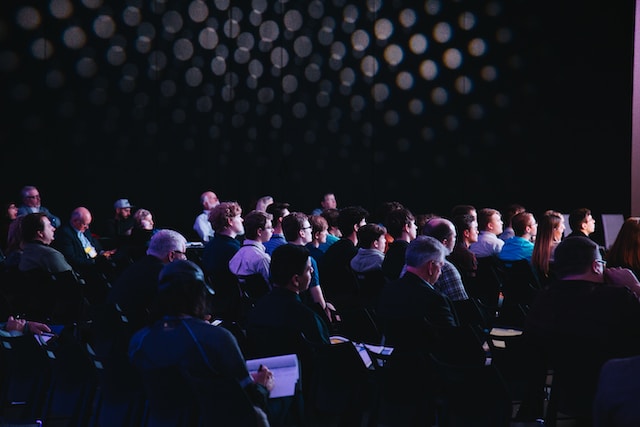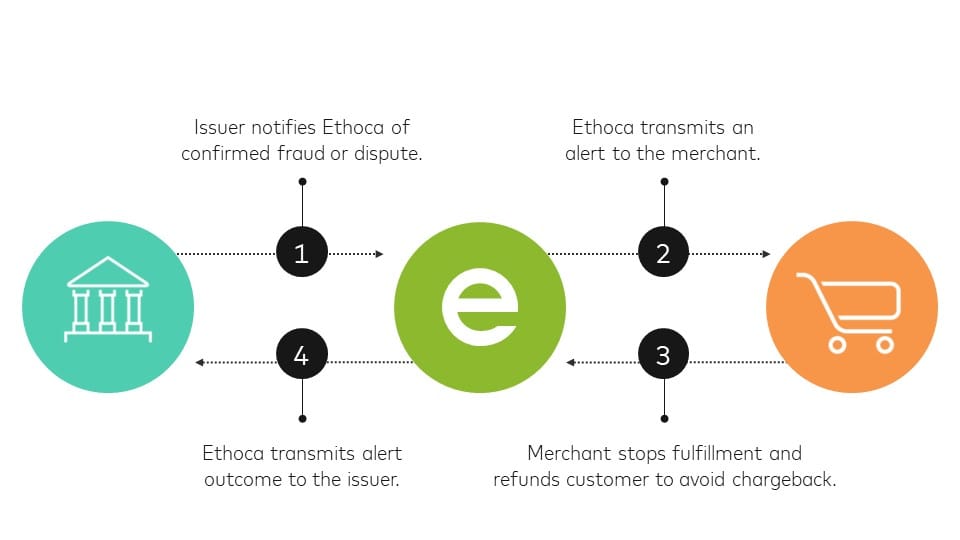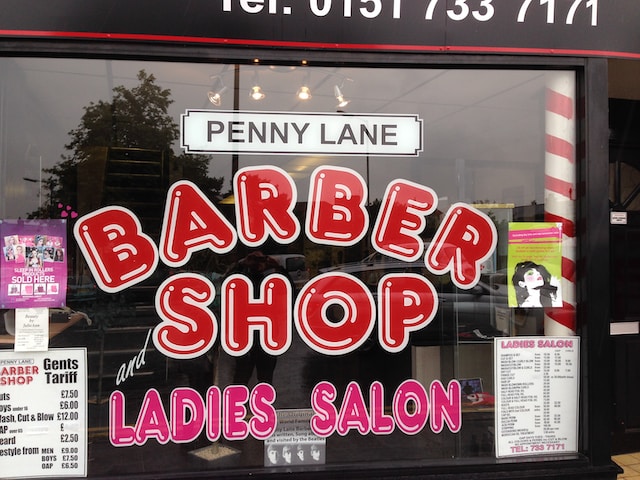
SuperPay helps bookstore owners like yourself get paid as quickly as possible. Choose our platform to power your payments & billing.
Hosting author events is an exciting and valuable opportunity for both authors and their readers. These events provide a platform for authors to connect with their audience, share their work, and engage in meaningful discussions. For readers, author events offer a unique chance to meet their favorite writers, gain insights into their creative process, and even get their books signed. But hosting a successful author event requires careful planning, organization, and promotion. In this blog post, we will explore the significance of author events, share best practices for planning and organizing them, discuss effective promotional strategies, delve into the logistics of hosting the event, and highlight the importance of post-event analysis and follow-up. Whether you are an aspiring author, a bookstore owner, or an event organizer, this post will provide you with valuable insights and practical tips to ensure a memorable and successful author event.
Understanding the Significance of Author Events
Author events hold immense significance for both authors and readers alike. They serve as a platform for authors to connect with their audience on a more personal level, allowing them to establish a deeper connection and build a loyal fan base. Similarly, for readers, author events provide a unique opportunity to interact with their favorite writers, gain insights into their inspirations and writing processes, and foster a sense of community among book lovers.
Creating an Engaging Experience
Author events offer a chance for authors to bring their stories to life and engage with their readers in a way that goes beyond the pages of a book. By hearing an author speak about their work, readers can gain a deeper understanding and appreciation for the story, characters, and themes. The opportunity to ask questions and receive direct answers from the author can be incredibly insightful and enhance the overall reading experience.
Building Author-Reader Relationships
Author events provide a platform for authors to establish a personal connection with their readers. Meeting an author in person and having a book signed can create a lasting impression and strengthen the bond between the writer and their audience. This personal connection can lead to increased reader loyalty and word-of-mouth recommendations, which are invaluable for authors looking to expand their reach and build a dedicated fan base.
Showcasing Books and Generating Sales
Author events offer an excellent opportunity to showcase and promote books. By hosting events at bookstores, libraries, or other literary venues, authors can attract readers who may be interested in purchasing their books. The chance to interact with the author directly can be a significant incentive for readers to buy books on the spot. Additionally, signed copies of books become coveted items among readers, further driving sales and increasing the visibility of the author's work.
Cultivating a Sense of Community
Author events foster a sense of community among readers, authors, and book enthusiasts. These gatherings bring people together who share a common love for literature, creating an environment where ideas can be shared, discussions can take place, and connections can be formed. By hosting author events, organizers contribute to the enrichment of the local literary community and create spaces for like-minded individuals to come together.
Inspiring and Motivating Aspiring Authors
Author events can be a source of inspiration and motivation for aspiring writers. Seeing successful authors share their experiences, challenges, and triumphs can ignite a spark of creativity and encourage budding authors to pursue their dreams. By witnessing the journey of established authors, aspiring writers can gain valuable insights and learn from their experiences, helping them navigate their own path in the world of writing.
Understanding the significance of author events not only benefits authors in terms of exposure and book sales but also enriches the reading experience for audiences. The next sections will delve into the best practices for planning, organizing, promoting, and executing successful author events, ensuring a memorable and engaging experience for everyone involved.
Planning and Organizing Author Events
Planning and organizing author events require careful attention to detail and effective coordination to ensure a successful and memorable experience for both the author and the attendees. This section will provide insights into the various aspects involved in planning and organizing author events, including the benefits of hosting such events, selecting an appropriate venue, and creating an effective event schedule.
Why Hosting Author Events is Beneficial
Hosting author events offers numerous benefits for authors, bookstores, and event organizers. Firstly, it provides authors with a platform to engage directly with their readers, fostering a deeper connection and building a dedicated fan base. Additionally, author events can generate buzz and publicity for both the author and the hosting venue, attracting new customers and increasing book sales. For event organizers, author events can enhance their reputation within the literary community and attract potential sponsors or partnerships.
Choosing an Appropriate Venue
Selecting the right venue is crucial for the success of an author event. The venue should be able to accommodate the expected number of attendees comfortably and provide an appropriate atmosphere for the event. Consider factors such as the size of the venue, seating arrangements, acoustics, and amenities like parking facilities and accessibility. Common venue options include bookstores, libraries, community centers, or even outdoor spaces for larger events.
Creating an Effective Event Schedule
Crafting a well-structured event schedule is essential to keep attendees engaged and ensure a smooth flow of activities. Consider the following elements when creating the schedule:
Author Introduction: Start the event by introducing the author and providing some background information about their work and achievements.
Author Presentation: Allow the author to give a presentation, sharing insights into their writing process, inspirations, and the story behind their book(s). This can include readings, storytelling, or multimedia elements to enhance the experience.
Q&A Session: Allocate time for the audience to ask questions and interact with the author. This encourages engagement and allows attendees to gain deeper insights into the author's work.
Book Signing and Sales: Set aside time for the author to sign books and interact with attendees individually. Ensure a well-organized queue system and provide clear instructions for book sales, including any pre-order options.
Networking and Socializing: Consider incorporating a networking segment where attendees can mingle, connect with other book enthusiasts, and engage in discussions related to the event or literature in general.
Refreshments: Depending on the duration of the event, provide refreshments for attendees, such as light snacks and beverages. This offers an opportunity for further socializing and creates a comfortable atmosphere.
Remember to allocate sufficient time for each segment while also allowing for flexibility in case the event runs longer than anticipated or if additional audience engagement opportunities arise.
By carefully planning and organizing author events, you can create an engaging and seamless experience for both the author and the attendees. The next section will focus on the various strategies for effectively promoting author events to ensure maximum attendance and engagement.
Promoting Author Events
Promoting author events is crucial to ensure maximum attendance and create buzz around the event. Effective promotion strategies help spread the word, generate excitement, and attract a diverse audience. In this section, we will explore various methods for promoting author events, including utilizing social media and online marketing, collaborating with local businesses and communities, and making effective use of print media.
Utilizing Social Media and Online Marketing
Create Event Pages: Utilize popular social media platforms like Facebook, Twitter, and Instagram to create dedicated event pages. Include event details, author information, and engaging content to build anticipation. Encourage attendees to RSVP and share the event with their network.
Engage with Influencers: Collaborate with social media influencers, book bloggers, and authors in similar genres to promote the event. Seek their support in sharing event details, hosting giveaways, or conducting interviews with the author.
Hashtag Campaigns: Create a unique event hashtag and encourage attendees to use it when sharing about the event on social media. Monitor the hashtag and engage with attendees by liking, commenting, and sharing their posts.
Paid Advertising: Consider allocating a budget for targeted online advertising to reach a wider audience. Platforms like Facebook Ads and Google Ads offer options to target specific demographics and interests.
Email Marketing: Leverage your email subscriber list to send event announcements, updates, and exclusive offers to potential attendees. Personalize the emails and highlight the benefits of attending the event.
Collaborating with Local Businesses and Communities
Partner with Bookstores: Collaborate with local bookstores to co-host the event or have them promote it in their store. Offer incentives such as exclusive book discounts or joint marketing efforts to encourage their participation.
Engage with Libraries: Approach local libraries and offer to host the event at their premises. Libraries often have established networks and can help promote the event to their patrons.
Tap into Community Groups: Identify relevant community groups such as book clubs, literary societies, or writing workshops. Reach out to these groups and invite them to attend the event or share the details with their members.
Local Media Collaborations: Connect with local newspapers, radio stations, and online publications to feature the event in their community section or entertainment listings. Offer interviews or press releases to generate media coverage.
Effective Use of Print Media
Flyers and Posters: Design eye-catching flyers and posters to distribute in local bookstores, libraries, coffee shops, and community centers. Include event details, author information, and enticing visuals.
Newspaper Advertisements: Place advertisements in local newspapers or community magazines to reach a wider audience. Consider featuring an interview or article about the author to generate interest.
Bookmarks and Postcards: Create custom bookmarks or postcards featuring event details and distribute them in bookstores, libraries, and literary events. Encourage attendees to take them and share with others.
Collaborate with Book Clubs: Reach out to local book clubs and offer to provide discussion guides or author Q&A materials related to the event. This creates a connection with book club members and increases the chances of attendance.
By implementing a comprehensive promotion strategy that encompasses online marketing, collaborations with local businesses, and effective use of print media, you can create significant buzz and ensure a strong turnout for your author event. The next section will delve into the logistics and execution of hosting the event, including ensuring comfort and accessibility for the author, facilitating audience interaction, and handling book sales and signings.

Hosting the Event: Logistics and Execution
Hosting a successful author event requires careful attention to logistics and execution. From ensuring the comfort and accessibility of the author to facilitating audience interaction, and managing book sales and signings, this section will provide insights into the key aspects of hosting the event.
Ensuring Comfort and Accessibility for the Author
Pre-Event Communication: Establish clear and open communication with the author prior to the event. Discuss their preferences, requirements, and any special accommodations they may need. This could include travel arrangements, accommodation, dietary restrictions, or technical equipment for presentations.
Green Room or Author Lounge: Provide a designated space for the author to relax and prepare before the event. This could be a private room or area equipped with amenities such as water, snacks, and a comfortable seating area.
Technical Support: Ensure that any technical equipment required by the author, such as microphones, projectors, or audio systems, are tested and in working order. Have technical support available on-site to troubleshoot any issues that may arise during the event.
Transportation and Accessibility: If necessary, arrange transportation for the author from their accommodation to the event venue. Ensure that the venue is accessible for individuals with disabilities and provide any necessary accommodations, such as ramps or accessible seating.
Facilitating Audience Interaction
Moderator or Interviewer: Consider having a moderator or interviewer facilitate the event to ensure a smooth flow of conversation and engage the audience. This person can ask questions, moderate the Q&A session, and keep the event on schedule.
Q&A Session: Allocate sufficient time for the audience to ask questions and interact with the author. Encourage attendees to submit questions in advance or provide index cards for them to write their questions during the event.
Engaging Activities: Incorporate interactive elements to engage the audience and create a dynamic atmosphere. This could include live polls, trivia games related to the author's work, or small group discussions on specific themes or characters from the book.
Book Giveaways and Prizes: Organize book giveaways or raffles during the event to incentivize attendance and reward active participation. This could involve giving away signed copies of the author's books or other book-related merchandise.
Handling Book Sales and Signings
Bookstore Collaboration: If the event is hosted at a bookstore, collaborate with the store to ensure seamless book sales. Coordinate with the bookstore staff to set up a designated area for book sales, complete with a cash register or payment system.
Pre-Order Options: Offer pre-order options for attendees, allowing them to reserve copies of the author's books in advance. This ensures that attendees have the opportunity to purchase the book even if they cannot attend the event.
Book Signing Process: Establish a well-organized system for book signings. This may involve providing attendees with a numbered ticket system to manage the queue, ensuring the author has enough time to interact with each person while maintaining an efficient flow.
Author Merchandise: If the author has additional merchandise, such as bookmarks, posters, or t-shirts, consider having a separate area for merchandise sales. Display the items prominently and provide clear pricing information.
By paying attention to the logistics and execution of the event, you can create a comfortable and engaging experience for both the author and the audience. The next section will focus on the importance of post-event analysis and follow-up, including gathering feedback from attendees, analyzing event success metrics, and maintaining relationships with the author and attendees.
Post Event Analysis and Follow-up
Post-event analysis and follow-up are crucial steps in ensuring the success of an author event and maintaining relationships with attendees and the author. This section will explore the importance of gathering feedback from attendees, analyzing event success metrics, and maintaining connections with both the author and the audience.
Gathering Feedback from Attendees
Surveys and Feedback Forms: Create online surveys or feedback forms to gather insights from attendees. Ask about their overall experience, the quality of the event, and any suggestions for improvement. This feedback will provide valuable insights for future events.
Social Media Listening: Monitor social media platforms for mentions, comments, and reviews related to the event. Engage with attendees by responding to their feedback and thanking them for their participation.
Attendee Testimonials: Encourage attendees to share their testimonials or reviews about the event. These can be used as testimonials for future promotional efforts or to showcase the success of the event.
Analyzing Event Success Metrics
Attendance Numbers: Evaluate the overall attendance numbers and compare them to your goals and expectations. This will give you an idea of the event's reach and impact.
Engagement Levels: Assess the level of engagement during the event, including audience participation, interaction with the author, and overall enthusiasm. This will help gauge the success of the event in terms of audience engagement.
Book Sales and Signings: Analyze the number of books sold during the event and the success of the book signing process. Compare this data to previous events or industry benchmarks to evaluate the effectiveness of the event in driving book sales.
Social Media Reach and Engagement: Measure the reach and engagement of your social media posts related to the event. Look at metrics such as likes, shares, comments, and hashtag usage to understand the level of online engagement generated by the event.
Maintaining Relationships with the Author and Attendees
Author Appreciation: Send a thank-you note or email to the author, expressing gratitude for their participation in the event. Consider sending a small token of appreciation, such as a signed copy of their book or a gift card.
Attendee Follow-up: Send a follow-up email to attendees, thanking them for their attendance and participation. Consider providing exclusive offers or discounts on future book purchases as a gesture of appreciation.
Author Promotion: Continue to promote the author and their work even after the event. Share updates about their upcoming projects, book releases, or any accolades they receive. This will help maintain a connection with the author and keep attendees engaged.
Future Event Communication: Keep attendees informed about future author events or other literary activities. Send periodic newsletters or emails to update them on upcoming events or opportunities to engage with authors.
By conducting post-event analysis, gathering feedback, and maintaining relationships with both the author and the attendees, you can continuously improve future events and ensure long-term engagement with your audience. Remember, the success of an author event extends beyond the event day itself, and the connections made can lead to ongoing support and enthusiasm for literature.


